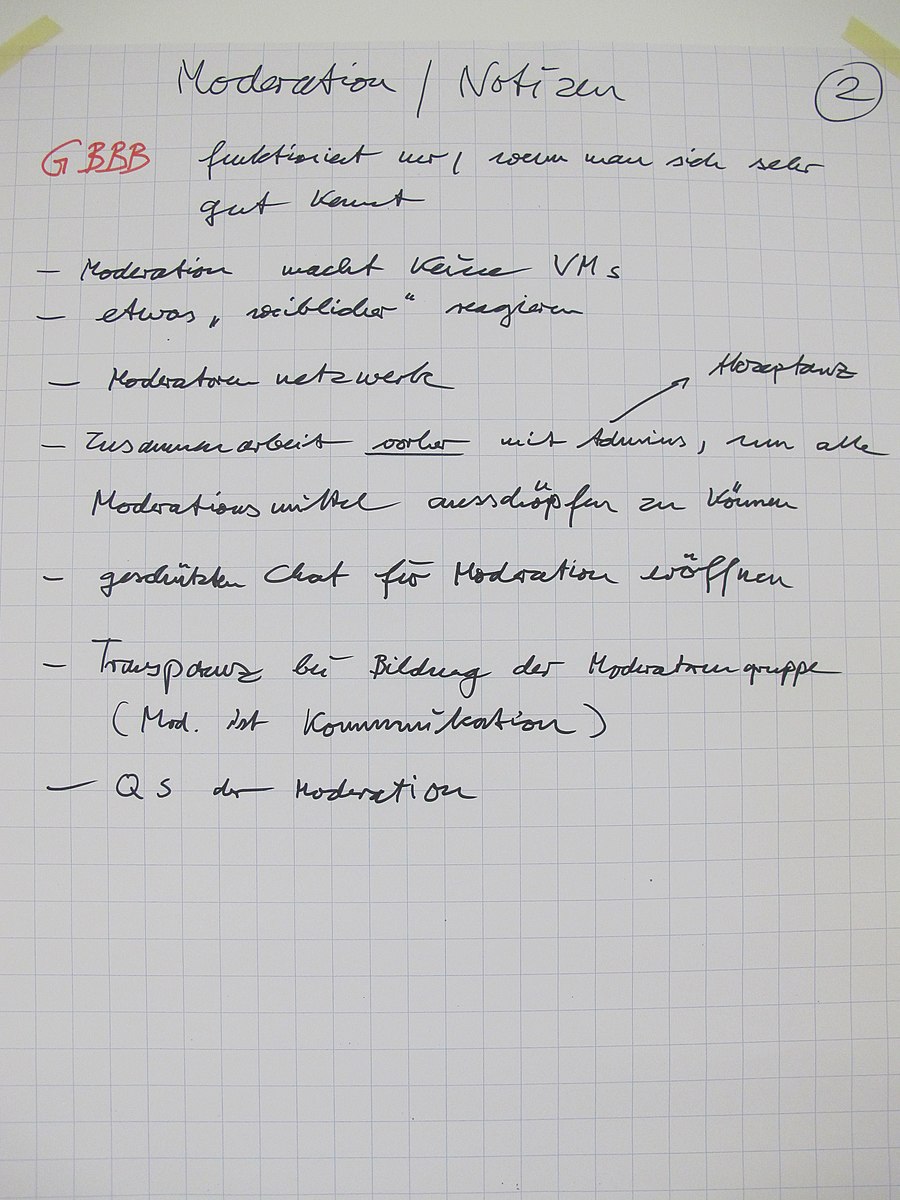Difference Between Abstinence and Moderation
Addiction is a major problem in the world today. The most common type of addiction is drug and substance addiction. However, other types of addiction prevalent include gambling, sex, work, food, and co-dependency. In spite of abstinence being the most renowned drug addiction treatment, other methods such as moderation and avoidance have been deemed effective. Although all these methods aim at reducing or curbing addiction, they have differences.
What is Abstinence?
This is the complete restraint of drugs and substance abuse. It is the most common method of addiction treatment, which most believe is the most effective among other methods. For any addict, the biggest problem of addiction is reaching to the point of total abstinence, which is achieved through abstinence. Through professional treatment, abstinence is effective, with a minimal chance of relapse for persons who maintain abstinence for more than five years.
What is Moderation?
This is an addiction treatment method that entails indulging in addictive substances or activities on some occasions. It is a controversial method as opposed to traditional ones as effectiveness has not been established. It can work in open-minded persons, and curbs addiction through a focus on substance abuse patterns such as why and when a person indulges in these substances. However, high levels of accountability should be maintained. Nevertheless, the moderation method has a high chance of substance abuse relapse.
Similarities between Abstinence and Moderation
- Both are addiction treatment methods
Differences between Abstinence and Moderation
Definition
Abstinence refers to the complete restraint of drugs and substance abuse. On the other hand, moderation refers to an addiction treatment method that entails indulging in addictive substances or activities on some occasions.
Nature
Abstinence focuses on a personal goal for the non-indulgence of addictive substances. On the other hand, moderation curbs addiction through a focus on substance abuse patterns such as why and when a person indulges in these substances as well as the maintenance of high levels of accountability.
Relapse chances
While abstinence has a minimal chance of relapse for persons who maintain abstinence for more than five years, moderation has a high chance of substance abuse relapse.
Abstinence vs. Moderation: Comparison Table
Summary of Abstinence vs. Moderation
Abstinence refers to the complete restraint of drugs and substance abuse. It has a minimal chance of relapse for persons who maintain abstinence for more than five years and has been deemed the most effective substance addiction treatment. On the other hand, moderation refers to an addiction treatment method that entails indulging in addictive substances or activities on some occasions. It focuses on substance abuse patterns such as why and when a person indulges in these substances as well as the maintenance of high levels of accountability. The effectiveness of these two methods in curbing substance abuse depends on an individual. However, moderation has shown a high chance of substance abuse relapse.
- Difference Between Profit Center and Investment Center - July 2, 2022
- Difference Between Anti-Trust and Anti-Competition - June 6, 2022
- Difference Between Stocktaking and Stock Control - June 6, 2022
Search DifferenceBetween.net :
Leave a Response
References :
[0]Image credit: https://commons.wikimedia.org/wiki/File:2._Guide-Camp_So_Moderation_2.jpg
[1]Image credit: https://www.thebluediamondgallery.com/dictionary/abstinence.jpg
[2]Sobell L & Sobell Mark. Moderation as a Goal Or Outcome of Treatment for Alcohol Problems: A Dialogue. Psychology Press Publishers, 1987. https://books.google.co.ke/books?id=564zimpG8UYC&pg=PA14&dq=Difference+between+Abstinence+and+Moderation&hl=en&sa=X&ved=0ahUKEwjsysu9z6nnAhU6BGMBHeSnBWYQ6AEILzAB#v=onepage&q=Difference%20between%20Abstinence%20and%20Moderation&f=false
[3]Epstein E & McCrady B. Addictions: A Comprehensive Guidebook. Oxford University Press, 1999. https://books.google.co.ke/books?id=vQwRK_sBa1UC&pg=PA340&dq=Difference+between+Abstinence+and+Moderation&hl=en&sa=X&ved=0ahUKEwjsysu9z6nnAhU6BGMBHeSnBWYQ6AEIcDAJ#v=onepage&q=Difference%20between%20Abstinence%20and%20Moderation&f=false
[4]Kazdin A & Bellack A. International Handbook of Behavior Modification and Therapy: Second Edition. Springer Science & Business Media, 2012. https://books.google.co.ke/books?id=4cyoBgAAQBAJ&pg=PA427&dq=Difference+between+Abstinence+and+Moderation&hl=en&sa=X&ved=0ahUKEwjsysu9z6nnAhU6BGMBHeSnBWYQ6AEIUDAF#v=onepage&q=Difference%20between%20Abstinence%20and%20Moderation&f=false



